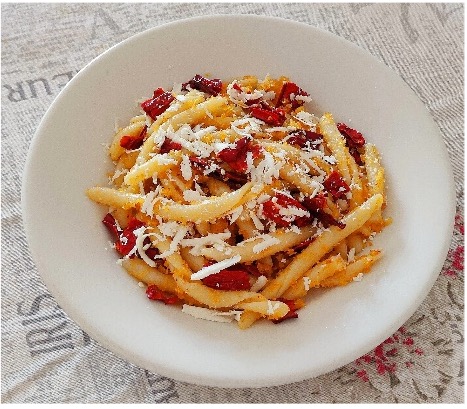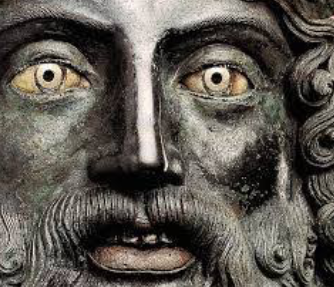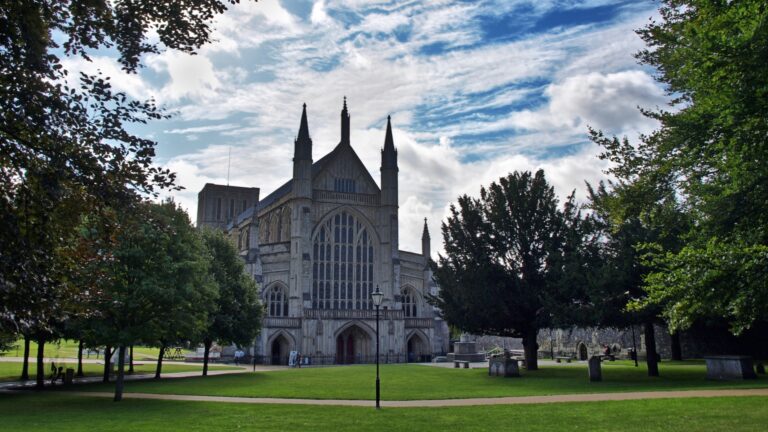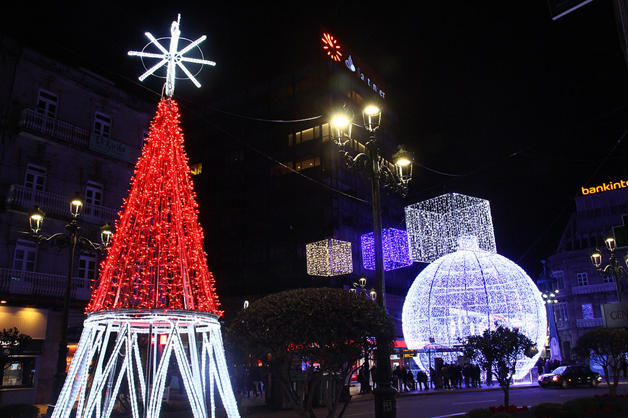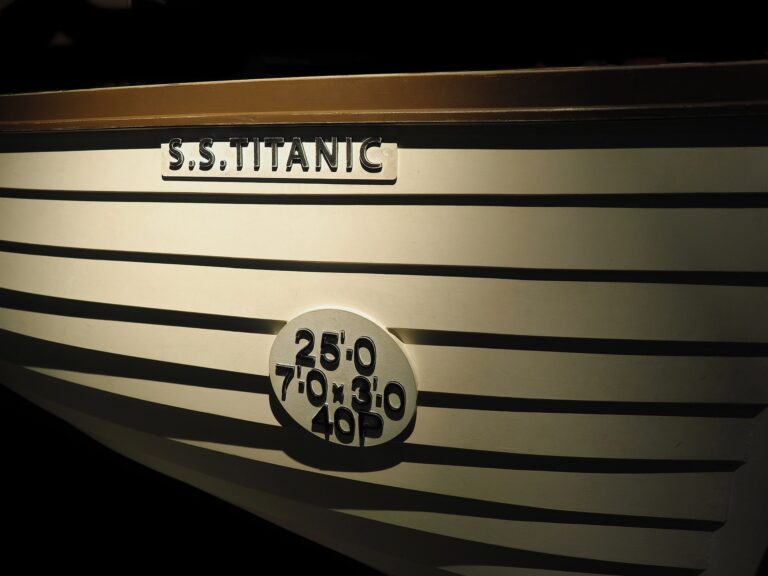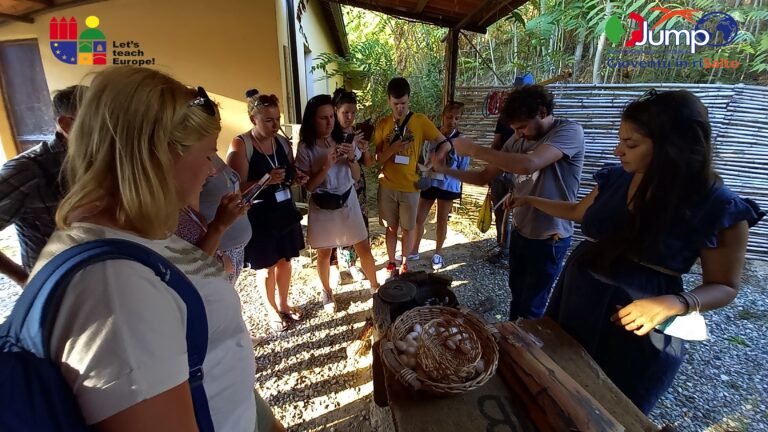Discovering The Calabrian Flavours
by Sara Saccuman, KONTAKT CJO Calabria is an Italian region faces the Ionian and Tyrrhenian seas full of terrific beaches, crystalline water, and favourable…
The Riaces Bronzes
Vittoria Maras, KONTAKT CJO WHAT ARE THEY? The Riace bronzes are two statues made in bronze 2 meters high. They were discovered in 1972…
Food of Galicia, Spain
Hugo Baila Fortuny, KONTAKT CJO Galicia is a region in northwestern Spain famous for its cuisine. It is also one of the most agriculturally…
Rain For 40 Days
by Çağrı Berk Satır The fact that rainy days have a profoundly negative impact on the mood of most of us can not be…
Vigo’s Christmas Lights
by Eduardo Airán Ramos Llarena, KONTAKT, Poland Yep, I know it, Christmas is over. But you can take this as a trip recommendation for…
Titanic: The Unforgettable Incident That Is Part Of Southampton
by Izem Ekmekcigil, KONTAKT, Poland Southampton is a port city of South East England, similar to other well-known port cities like Newhaven or Portsmouth.…
Cíes Islands: Galicia’s biggest treasure
by Leticia Perez Zuñiga Named by the Romans “Islands of Gods”, the Cíes Islands are located on the coast of Pontevedra, in the Ria…
Polish Team in Calabria: San Floro
by Tomasz Wierzbicki KONTAKT CJO, Poland In the afternoon, on the 25th of September 2001, we visited the town of San Floro. In the…
Southampton: The Pearl of Hampshire
by Furkan Gündüz, KONTAKT, Poland Cultural heritage is the legacy that we have received from the past generations. It is the collection of tangible…
Ánxel Fole Sánchez
by Jorge Fole, KONTAKT, Poland Ánxel Fole Sánchez was born in Lugo in 1903. He was a Spanish writer who wrote in Galician and…

